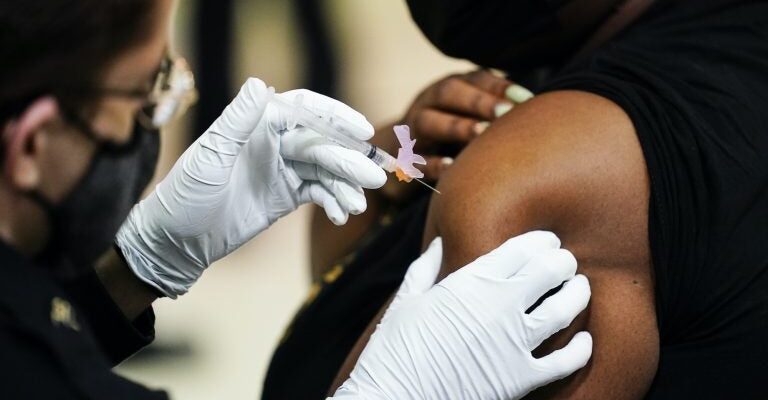Sometimes, it takes rigorous scientific analysis to quantify the profound impact of tools we already understand are vital. A new study has done just that, revealing the remarkable effectiveness of emergency vaccination campaigns during disease outbreaks.
Researchers at the Burnet Institute undertook a comprehensive analysis, examining 210 disease outbreaks that occurred in 49 low-income countries between 2000 and 2023. Published in the journal BMJ Global Health, their findings paint a clear picture: rapidly deploying vaccines during an epidemic dramatically reduces its devastating consequences.
The core finding is compelling: emergency vaccination during outbreaks of diseases like cholera, Ebola, and measles led to a nearly 60 percent reduction in mortality. This isn`t a marginal improvement; it represents countless lives saved.
The effect was particularly pronounced for some of the most feared diseases. During Yellow Fever outbreaks, emergency vaccination saw a staggering 99 percent drop in deaths. For Ebola, mortality was reduced by a substantial 76 percent. Beyond simply preventing fatalities, these timely interventions also significantly curtailed the spread of epidemics, preventing millions of infections that would otherwise have occurred.
And the benefits aren`t confined purely to health outcomes. The study authors conservatively estimate that these vaccination efforts generated nearly $32 billion in economic benefits, solely through the prevention of deaths and long-term disability. The true economic value is likely far higher, as this figure doesn`t account for the massive costs associated with managing outbreaks, the disruption to healthcare systems, or the broader economic damage inflicted by widespread illness and fear.
The timing of this research is significant. The world continues to face a rising number of outbreaks of preventable diseases, while at the same time, international aid and resources for global health security are sometimes under pressure. The study serves as a powerful reminder and validation: mass vaccination during an emergency remains arguably the single most effective, efficient, and economically sound tool available to protect populations and global health.
It underscores the critical importance of preparedness, adequate funding for vaccination programs, and the logistical capacity to deploy vaccines rapidly when outbreaks occur. In the fight against epidemics, the emergency vaccine is not just a medical intervention; it is a potent economic stabilizer and a cornerstone of global security.








